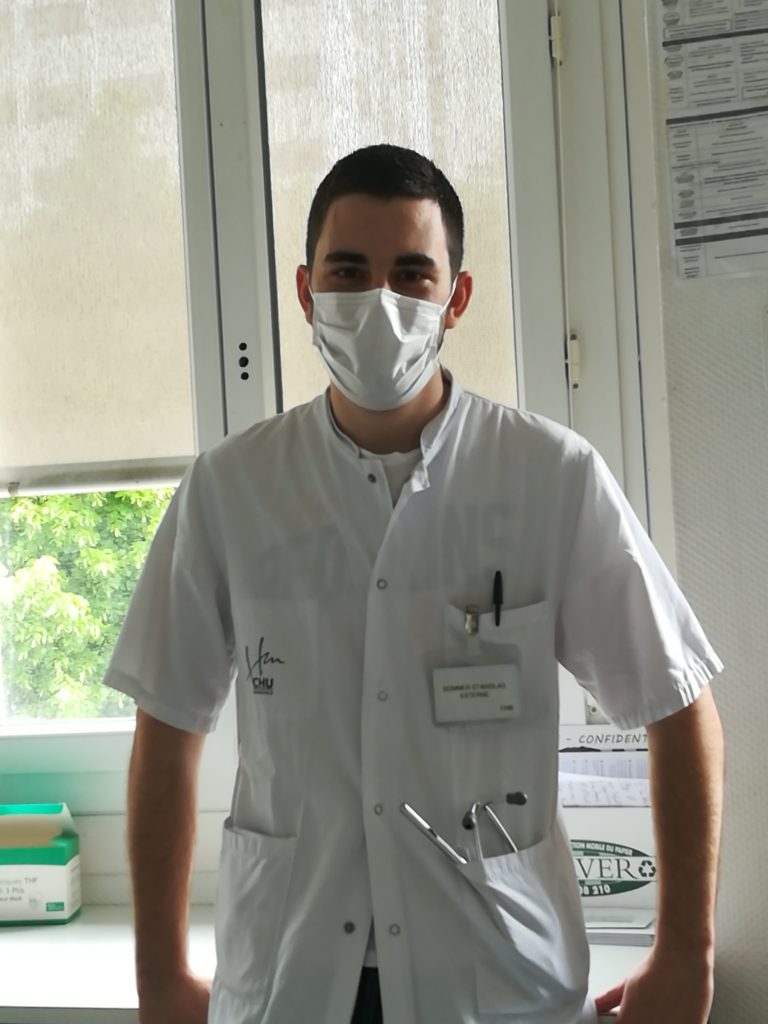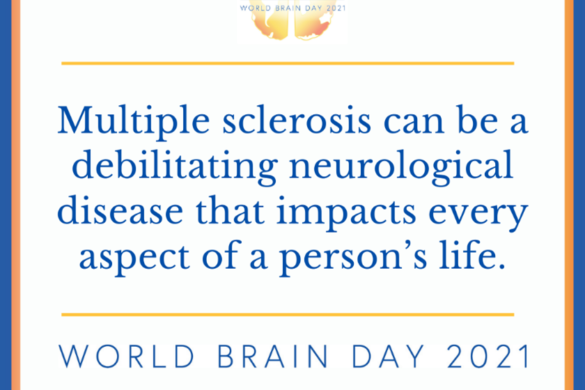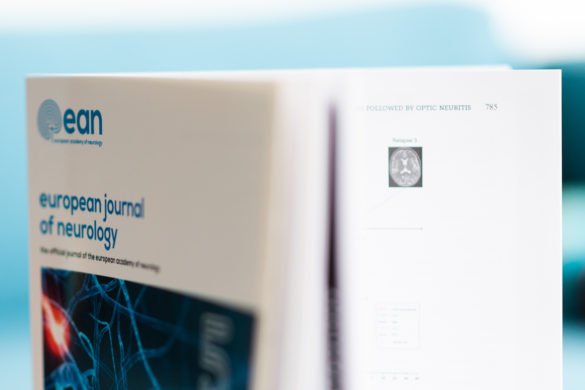The arrival of the COVID-19 pandemic in my French region and also in Grenoble has radically changed how teaching classes have been organised in our Grenoble Alpes University Medical School.
To better explain these changes, I need to illustrate how the situation was before the pandemic outbreak. As medical students, we used to work individually in each discipline, from books first, and then attend a face to face teaching class with several teachers. As such, we could dissect each study topic in depth, as well as questioning teachers about elements that we had not understood well from our reading. It was easier to learn by having access to practical pearls that teachers would share with us.
With COVID-19 things had to suddenly change and we had to adapt. All the previous learning settings had to be re-organised differently mainly to avoid human contacts (and block viral spread). The e-learning setting (already present in our Faculty of Medicine but restricted) was massively expanded. Many teaching courses of each discipline were quickly put online as PDFs for the students. I must recognise that it was not easy for the teachers and the medical school to reorganise everything so well, and in such a short timeline. I greatly thank them for this. However, social interactions are greatly missed!
Concerning the transition from theory to practice, medical students used to have special classes with clinical cases. My personal perception about the strength of this teaching approach was that we could match our theoretical knowledge with clinical practice and learn about medical reasoning, how to ask questions, make diagnoses and start treatment. All this had to be adapted or stopped by our medical school to my great disappointment because of the loss of such a great learning tool.
In-person conferences were also cancelled as well as teaching classes given at the hospital. We felt a bit alone in front of our books while the exam date was getting closer … Speaking of exams, written exams had to be postponed or done remotely on our computers and practical exams, which were planned in our respective services, were also postponed.
Nevertheless, during my neurology internship, we have started neurology teaching classes in small groups. I think this is positive progress. After this adaptation period, I think we have succeeded in adopting a good rhythm despite the continued uncertainty of how the pandemic will evolve.
This worldwide pandemic challenge can be an opportunity for everybody to reflect on our lives. At my student level, I have been touched by the dedication of medical students, the medical school and all the healthcare personnel during this crisis.
Nevertheless, this unique situation will not last forever, and I hope everything will return to normal as fast as possible.
About my experience during my internship in neurology service
Since the beginning of February, I have been doing an internship in the neurology service handling mainly epilepsy and movement disorders patients. Everything was going well, and I felt that I was improving my abilities and knowledge every day. The healthcare personnel were welcoming and, from the beginning, there was good team cohesion.
As the pandemic struck in France on March 13th, our hospital activated the “plan blanc”, a procedure activated during crisis to trigger reorganisation of hospitals. Since that day, during the following weeks, I started to feel that a particular atmosphere began to grow inside the hospital. It seemed to me that it was structured but uncertain at the same time. The 3rd year medical students were not allowed to continue their internship and internships at the end of 6th year were discontinued in view of the upcoming exams. Therefore, because of the “plan blanc” in the hospital, some students could not complete their rotation in the clinics and others were called to attend other wards in need, like the intensive care unit, in order to reinforce the staff levels. However, beside questions and uncertainties, the neurology division has been able to take care of neurological patients almost as it used to do before the pandemic.
Today, there is still uncertainty regarding developments in the near future. We are mainly afraid of a second wave of cases that could happen after the end of quarantine. This unexpected and new pandemic has incremented previous feelings of fear, uncertainty, and anxiety for the future, but also those of joy to see patients getting better, and to see so many people help the healthcare personnel particularly on the COVID-19 patients’ wards.
Personally, this pandemic has taught me several things, and has helped me, in some way, to grow as medical student and as a young man: I see now things with a different perspective, and I better appreciate my daily routine.











